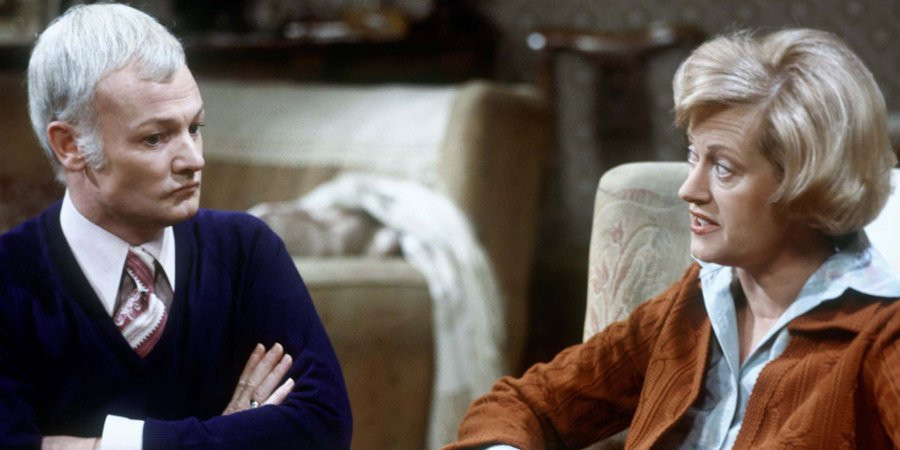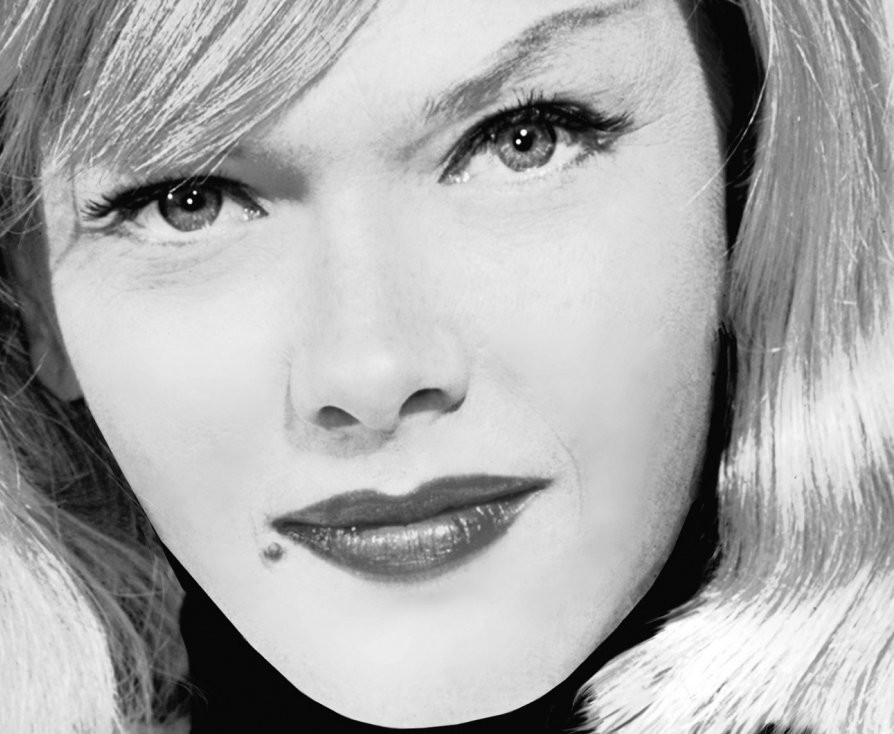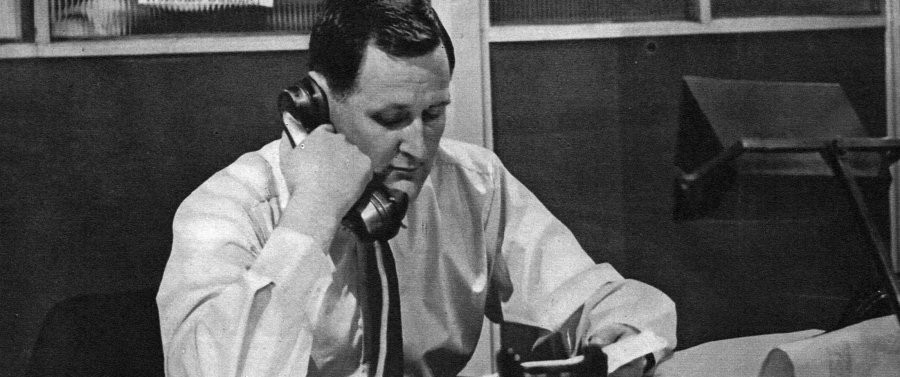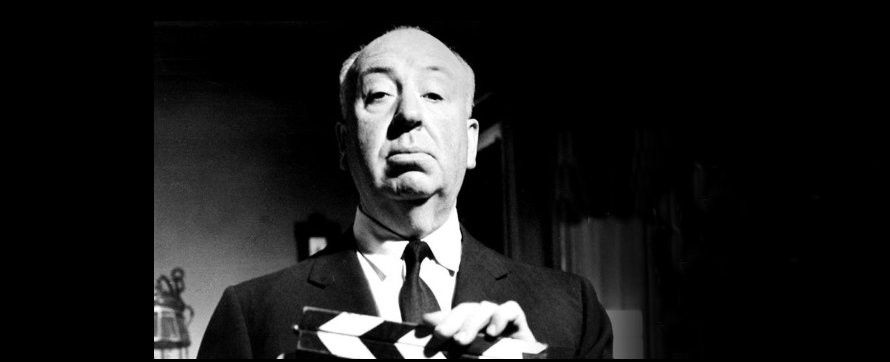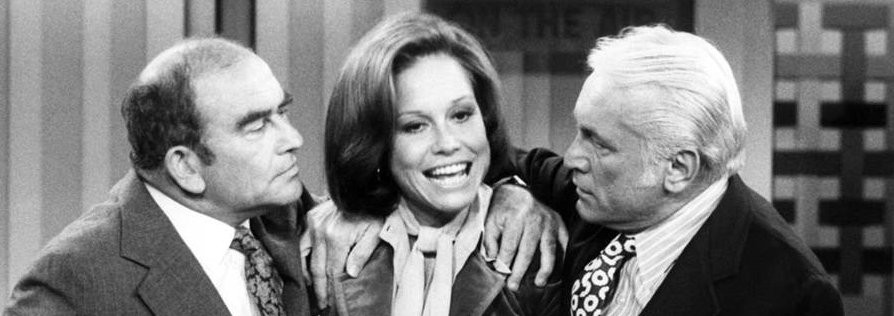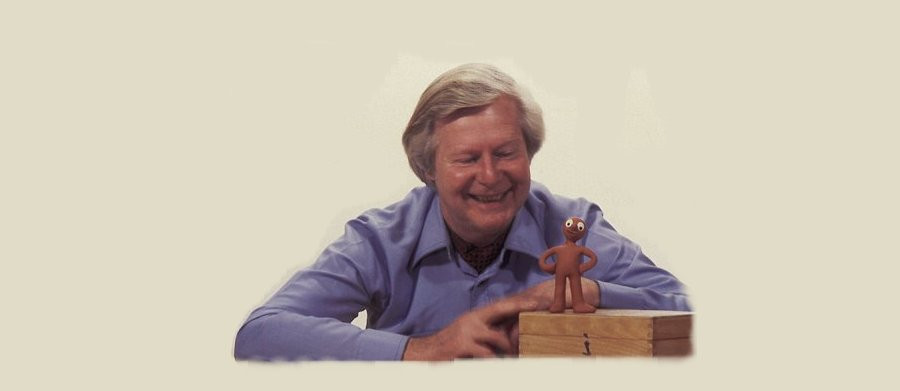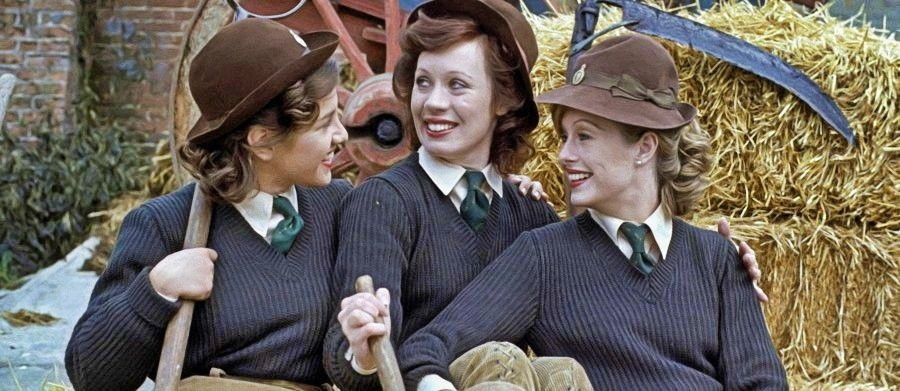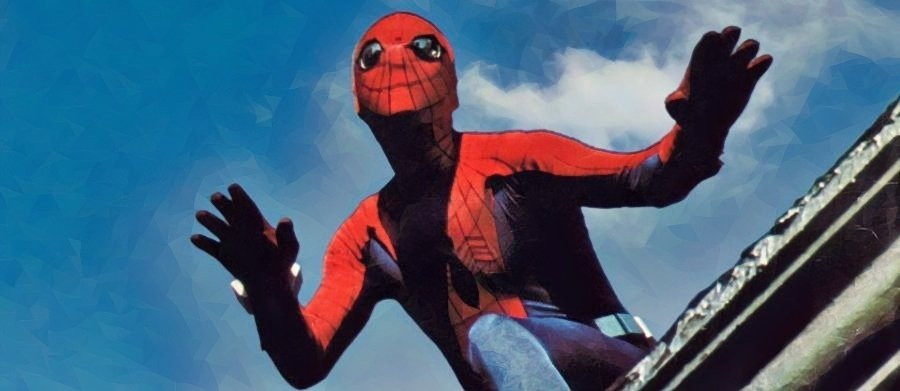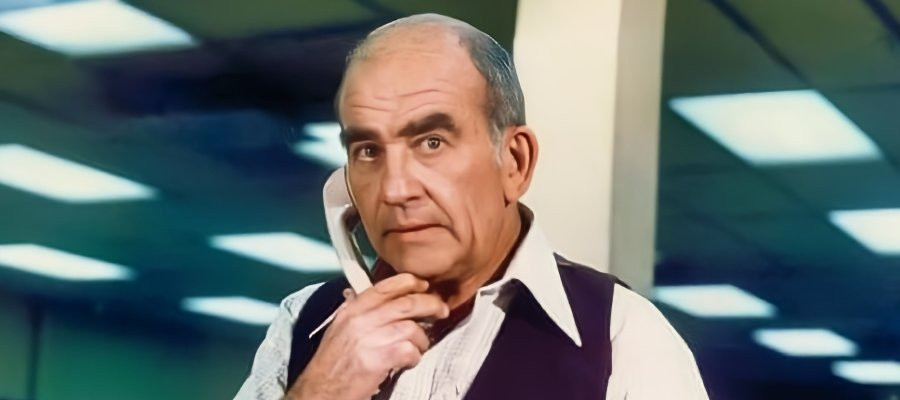
Lou Grant
1977 - United KingdomThe end of one much-loved series paved the way for the beginning of another, critically acclaimed in its own right. In September 1977, Edward Asner’s gruff but compelling portrayal of Lou Grant – formerly the hard-bitten news editor of WJM-TV Minneapolis in The Mary Tyler Moore Show – emerged from the comedic shadow of his supporting role and stepped squarely into the dramatic spotlight of his own series.
The final episode of The Mary Tyler Moore Show had seen the axe fall on much of the newsroom staff at WJM-TV, leaving Grant and his colleagues jobless and heading off in new directions. The subsequent season found the fifty-something Lou Grant relocated to Los Angeles, having taken up the post of city editor at the Los Angeles Tribune, a fictional but fiercely principled newspaper known for its crusading journalism and uncompromising editorial standards.
The Tribune operated under the iron-willed authority of publisher Margaret Pynchon, brought to life by the late, and sorely missed, Nancy Marchand. Marchand delivered a performance of delightfully brittle resolve – a character both aristocratic and autocratic, who bore more than a passing resemblance to Katharine Graham of The Washington Post. Though Lou officially answered to managing editor (and long-time friend) Charlie Hume, he spent much of his time locked in intense ideological and personal duels with Pynchon – both characters stubborn, principled, and utterly unyielding, yet bound by an unspoken respect and mutual admiration.
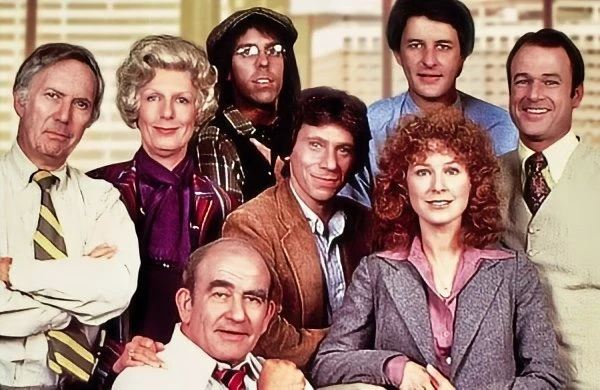
Around Grant was a newsroom ensemble that brought the series to life with its sharp writing and layered characterisation. Joe Rossi was the headstrong, passionate investigative reporter with a nose for controversy. Carla Mardigian, an early addition to the team, was swiftly replaced by Billie Newman (Linda Kelsey), a similarly ambitious young reporter who would come to play a central role in the series’ human drama. Art Donovan, the detail-oriented assistant city editor, brought a sense of order to the often chaotic newsroom, while the wonderfully named Animal – the staff photographer with a nonconformist spirit – offered a lens into the more offbeat and artistic side of the journalistic world.
Unlike its sitcom spin-off siblings, Rhoda and Phyllis, Lou Grant turned sharply away from comedy. It embraced instead a sophisticated blend of drama and realism, occasionally leavened by dry humour, but grounded firmly in the ethical and emotional complexities of journalism. The series thrived on its intelligent scripts, rich character interplay, and the unflashy but deeply human performance of Asner, whose portrayal of Grant remained the solid anchor throughout.
Across its five-year run, Lou Grant tackled a diverse range of social issues with gravitas and sensitivity – from the plight of Vietnamese refugees to the raw horrors of child abuse, to the contentious subject of gun control. It became known for its unflinching willingness to confront difficult topics head-on, earning no fewer than 11 Emmy Awards, including two for Asner as Outstanding Lead Actor and two for Outstanding Drama Series.
Yet the show’s end was almost as dramatic as its content. In 1982, CBS abruptly cancelled Lou Grant, citing declining ratings. However, industry insiders and critics were quick to point to another reason: Asner’s outspoken political activism. Then president of the Screen Actors Guild, Asner had been an ardent critic of U.S. foreign policy in Central America, particularly its support of repressive regimes – a position that brought him into public conflict with President Ronald Reagan. The controversy surrounding his remarks, and the political fallout that ensued, suggested that Lou Grant had become a little too close to the truth for network comfort. In a final twist worthy of the programme itself, the cancellation felt like a real-life example of the very journalistic suppression the series often portrayed.
In hindsight, Lou Grant stands as a bold and singular achievement – a drama that evolved from the world of sitcom yet took on a tone and ambition entirely its own. It combined journalistic integrity with nuanced storytelling, and its commitment to socially conscious narratives marked it as one of American television’s more courageous undertakings. Decades later, it remains a high watermark in television drama, and a fitting testament to both the strength of character and conviction – onscreen and off – of Edward Asner.
Seen this show? How do you rate it?
Seen this show? How do you rate it?
Published on December 31st, 2018. Written by Skip Wilson Jr. for Television Heaven.


